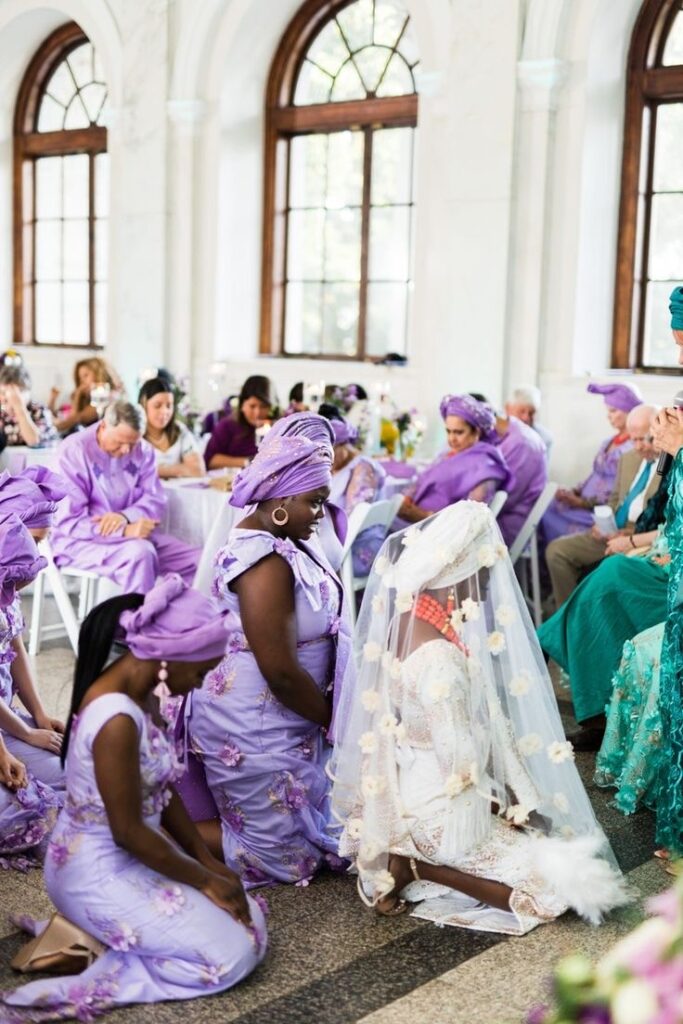First, it is essential to acknowledge that marriage is not a one-size-fits-all concept. Every relationship is unique, and so is its trajectory. There is no universal expiration date for marriages, and trying to fit all relationships into the mould of a seven-year itch oversimplifies the complexities of human bonds. However, the idea of the seven-year itch is not entirely baseless. Research has shown that there can be specific patterns in marital satisfaction over time. Some studies indicate that couples might experience a dip in happiness or face challenges around the seven-year mark. But this is far from a natural expiration date for all marriages. It’s merely a trend, and trends can be broken.
There are various issues with the idea that marriages have a “natural expiration date.” It makes the assumption that couples will eventually drift apart and that the early love spark would fade. This might be a depressing and self-fulfilling belief. After seven years, couples who feel their relationship is doomed could be less inclined to address their problems and strengthen their bond.

Unions are akin to gardens. For them to thrive, they need effort, care, and attention. The significance of continuous commitment and the possibility of enduring love and partnership might be undercut by the notion of a seven-year itch. Couples should put more effort into growing their relationship, communicating, and adjusting to changes as they happen rather than worrying about when it will end. Furthermore, ties might genuinely get stronger over time. When a couple learns to overcome obstacles together, they frequently emerge stronger and closer. Early in a marriage, desire and novelty may rule the day, but as a couple grows older together, a deeper, more meaningful tie built on understanding and shared experiences may form.
It is crucial to take society and cultural factors into account. It’s possible that the idea of the seven-year itch reflects our perception of partnerships and cultural expectations. Long-term commitment may be underestimated in a culture that frequently places a higher priority on novelty and excitement. That marriages inevitably end after a certain amount of time may have been influenced by this way of thinking.

In actuality, a marriage’s resilience and durability are determined by a number of variables, such as open communication, a common set of values, and a readiness to change and develop as a couple. After seven years, some marriages could go through difficult times, while others might not have any difficulties at all. The way a couple handles these trying times is what matters.
The notion of a marriage’s “natural expiration date,” sometimes known as the “seven-year itch,” is a false and simplistic assumption. While difficulties may arise for some couples at this time, it is not a given for all marriages. Couples should put more time, effort, and understanding into their relationships rather than obsessing over a deadline in order to create solid, long-lasting bonds. Marriages can flourish and deliver happiness and fulfilment for decades after the fabled seven-year mark if they are committed to each other and work hard.
Sources
- https://en.m.wikipedia.org/wiki/Arranged_marriage#:~:text=In%20some%20cultures%2C%20a%20professional,Saharan%20Africa%2C%20and%20the%20Caucasus.
- https://academic.oup.com/book/4645/chapter/146809845#:~:text=The%20tradition%20of%20arranged%20marriage%20should%20be%20respected%20and%20valued.&text=Arranged%20marriages%20are%20a%20successful,the%20future%20of%20their%20children.
- https://www.cairn-int.info/article-E_SOCO_090_0081–different-forms-of-coercion-used-to.htm
- https://academic.oup.com/lawfam/article/35/1/ebab005/6344842




